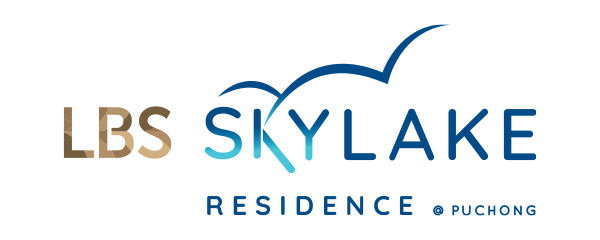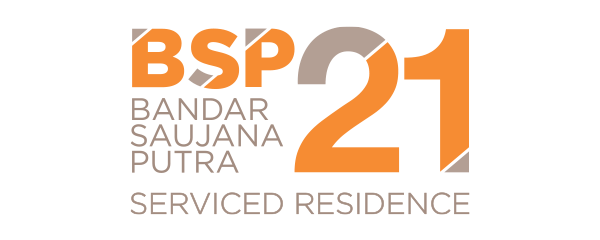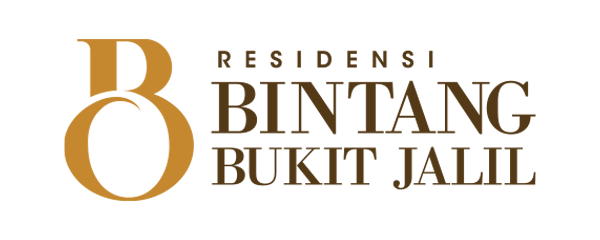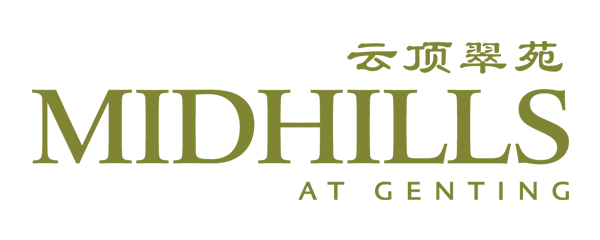1. OBJECTIVE
The main objective of the Audit Committee (“Committee”) is to assist the Board of Directors (“Board”) in fulfilling its fiduciary responsibilities relating to corporate accounting, system of internal controls, management and financial reporting practices of LBS Bina Group Berhad (“LBGB” or “Company”) and its subsidiaries (collectively “LBGB Group” or “Group”).
2. COMPOSITION
(1) The Committee shall be appointed by the Board from amongst its number and shall consist of not less than three (3) members.
(2) All the members must be Non-Executive Directors, with a majority of them being Independent Directors. Independent Director shall be one who fulfills the requirements as provided in the Main Market Listing Requirements of the Bursa Malaysia Securities Berhad (“Bursa Securities”).
(3) The members of the Committee must be financially literate and at least one member:
(a) must be a member of the Malaysian Institute of Accountants (“MIA”); or
(b) must have at least three (3) years working experience and:
(i) passed the examinations specified in Part I of the 1st Schedule of the Accountants Act 1967; or
(ii) must be a member of one of the associations of accountants specified in Part II of the 1st Schedule of the Accountants Act 1967; or
(c) must have at least three (3) years’ post qualification experience in accounting or finance and:
(i) has a degree/master/doctorate in accounting or finance; or
(ii) is a member of any professional accountancy organization which has been admitted as a full member of the International Federation of Accountant; or
(d) must have at least 7 years’ experience being a chief financial officer of a corporation or having the function of being primarily responsible for the management of the financial affairs of a corporation.
(4) Members of the Committee shall elect a Chairman from amongst their number who shall be an Independent Director.
(5) No alternate director can be appointed as a member of the Committee.
(6) If a member of the Committee ceases to be a member resulting in the non-compliance of paragraph 1, 2 and 3 above, the Board must fill the vacancy within three (3) months.
(7) No former key audit partner shall be appointed as a member of the Committee before observing a cooling-off period of at least three (3) years.
(8) When a member ceases to be director of the Board, his membership in the Committee shall also cease accordingly.
(9) The terms of office and performance of the Committee and each of its members shall be reviewed by the Nomination and Remuneration Committee annually.
(a) Planning and conducting meetings;
(b) Overseeing reporting to the Board;
(c) Encouraging open discussion during meetings; and
(d) Maintaining active ongoing dialogue with management and both internal and external auditors.
3. QUORUM
The quorum for meeting of the Committee shall be two (2) in which the majority present in respect of such meeting must be Independent Directors. A valid quorum shall consist of at least one (1) member who is qualified under Paragraph 15.09(1)(c) of the Listing Requirements of Bursa Securities.
4. CHAIRMAN
(1) The members of the Committee must elect a Chairman from amongst their number who is an Independent Non-Executive Director.
(2) The Chairman of the Committee shall not be the Chairman of the Board.
(3) The Chairman is responsible for ensuring the overall effectiveness and independence of the Committee:
(4) The Chairman together with other members should ensure, among others, that:
(a) The Committee is fully informed about significant matters related to the Group’s audit and its financial statements and addresses these matters;
(b) The Committee appropriately communicates its insights, views and concerns about relevant transactions and events to internal and external auditors;
(c) The Committee’s concerns on matters that may have an effect on the financial or audit of the Company are communicated to the external auditors; and
5. PROCEEDINGS OF MEETING
(1) Meeting shall be held at least four (4) times in a financial year. The Chairman of the Committee, and in consultation with the Secretary, should determine the frequency of the meetings.
(2) The Chairman may convene additional meetings at his discretion or if requested to do so by any of its member, the internal or external auditors to consider any matters within the scope and responsibilities of the Committee.
(3) Any member may participate in the meetings of the Committee by means of tele-conferencing, video conferencing or any other audio/video communication whereby all persons attending or participating the meetings can hear/see each other. The person or persons participating the meetings in the aforesaid manner shall be deemed for all purposes to be present in person at such meetings.
(4) The key management, representative of the external auditors, internal auditors, other Board members, employees and/or external independent professional advisers may attend the meetings upon the invitation of the Committee.
(5) A resolution in writing signed by majority the members in lieu of convening of a formal meeting shall be valid and effectual as if it had been passed at a meeting of the Committee duly convened and held. Any such resolution may consist of several documents in like form, each signed by one or more members.
(6) The resolution in writing and other documents signed by the members using digital signatures and/or electronic signatures shall be as valid, enforceable and effective as the original of the resolutions/documents duly sign physically provided that such digital signatures and/or electronic signatures are created in accordance with the Digital Signature Act 1997 and/or Electronic Commerce Act 2006.
(7) The Company Secretary shall be the Secretary of the Committee and shall responsible, with the concurrence of the Chairman, for drawing up and circulating the agenda and the notice of meetings together with the supporting explanatory documents to members prior to the meeting.
(8) Minutes of each meeting shall be duly entered in the minutes books and safekept by the Secretary at the registered office. The Secretary shall circulate the minutes of meetings of the Committee to all members of the Committee and the Board.
(9) The Committee shall meet with the External Auditors and Internal Auditors respectively without the presence of other Board Members and Management of the Company at least twice in a financial year and whenever necessary.
(10) For good governance, each member must attend at least 50% of the meetings held within the year, failing which Nomination and Remuneration Committee will decide on the member’s disqualification.
6. AUTHORITY
The Committee shall within its terms of reference:
(1) have adequate resources which are required to perform its duties;
(2) have full access to any information as required to perform its duties;
(3) have the authority to investigate any activity within its terms of reference;
(4) have the authority to form sub-committee(s) if deemed necessary and fit;
(5) have the authority to delegate any of its responsibilities to any person or committee(s) that it deems fit; and
(6) be able to obtain independent professional or other advice and invite outsiders with relevant experience to attend the meeting of the Committee.
7. DUTIES AND FUNCTIONS
The main duties and functions of the Audit Committee shall be:
(1) Internal Audit
(a) To oversee the functions of the Internal Audit Department and ensure compliance with relevant regulatory.
(b) To review the adequacy of the scope, competency and resources of the internal audit functions and the necessary authority to carry out its work;
(c) To review the internal audit plan, process and the major findings of internal audits assessments, investigation undertaken and whether or not appropriate action is taken on recommendations, and ensure coordination between the internal and external auditors;
(d) Ensure that the internal audit function is effective and able to function independently;
(e) To assess or evaluate the performance of members of internal audit function; and
(f) To review matters concerning the employment or appointment (and re-appointment) of the in-house and/or outsourced internal audit (as the case may be) and the reasons for resignation or termination or either party.
(2) Risk Management
(a) Assist the Board in identifying the principal risks in the achievement of the Company’s objectives and ensuring the implementation of appropriate systems to manage these risks.
(b) Review and recommend the risk management policy, procedures and risk management framework for the approval and acknowledgement of the Board and provide guidance on the overall risk strategy and directives for implementation and ensure that the principles and requirements of managing risk are consistently adopted throughout the Group.
(c) Review periodically the risk management framework and risk profile and to be satisfied that the methodology employed allows the identification, analysis, assessment, monitoring and communication of risks in a regular and timely manner that will allow the Group to minimise losses and maximise opportunities.
(d) Commission, where required, special projects to investigate, develop or report on specific aspects of the risk management processes of the Company.
(3) Internal Control
(a) Oversee the Company’s internal control structure to assure operational effectiveness and efficiency, reduce the risk of unreliable financial reporting, protect the Company’s assets from misappropriation and encourage legal and regulatory compliance.
(b) Monitor systems and procedures, with external and internal auditors, which are designed to provide a satisfactory and effective level of internal controls, asset protection and management information.
(c) Monitor the Group’s operations via appropriate internal audit reviews, to ascertain if adequate attention is given to attributes of efficiency, effectiveness and economy.
(d) Assist the Board in setting appropriate policies on internal control system and ensure that the system is functioning adequately.
(4) External Audit
(a) To consider the appointment of the external auditor, the audit fee and any questions of resignation or dismissal of the external auditor before making recommendation to the Board;
(b) To review the external auditors’ audit scope and plan, audit report and the extend of assistance rendered by employees of the Company;
(c) To review the external auditors’ Management Letter and Management’s response;
(d) To review, with the external auditor, the audit reports, the auditor’s evaluation of the system of internal control, audit plan and the assistance given by the employees to the external auditor;
(e) To discuss issues and reservations arising from the interim and final audits, and matters the auditor may wish to discuss (in the absence of Management where necessary);
(f) To review whether there is reason (supported by grounds) to believe that the Company’s external auditor is not suitable for re-appointment; and
(g) To review the effectiveness of the external auditors, the qualifications, expertise and adequacy of resources provided by the external auditors.
(5) Financial Reporting
To review with the management the quarterly and year-end financial statements of the Company prior to the approval by the Board, focusing particularly on:
(a) Any changes in accounting policies and practices;
(b) Significant adjustments arising from the audit;
(c) Major judgement areas;
(d) Significant and unusual events;
(e) The going concern assumption; and
(f) Compliance with accounting standards and other legal requirements
(6) Related Party Transactions
To review any related party transactions and conflict of interest situation that may arise in the Company including any transactions, procedures or course of conducts that raise questions of management integrity.
(7) Other Matters
(a) To direct and where appropriate supervise any special project or investigation considered necessary;
(b) To report to the Board summarising the work performed in fulfilling the Audit Committee’s primary responsibilities; and
(c) To carry out other functions as may be agreed to from time to time by the Committee and the Board.
8. REVIEW OF TERM OF REFERENCE
This Term of Reference has been approved by the Board and is made available for reference on the Company’s corporate website and internal computer networking system.
It shall be reviewed by the Committee and update whenever necessary to ensure its effective implementation. Any subsequent amendments to the Policy should be approved by the Board upon recommendation of the Committee.
**********************************************************





